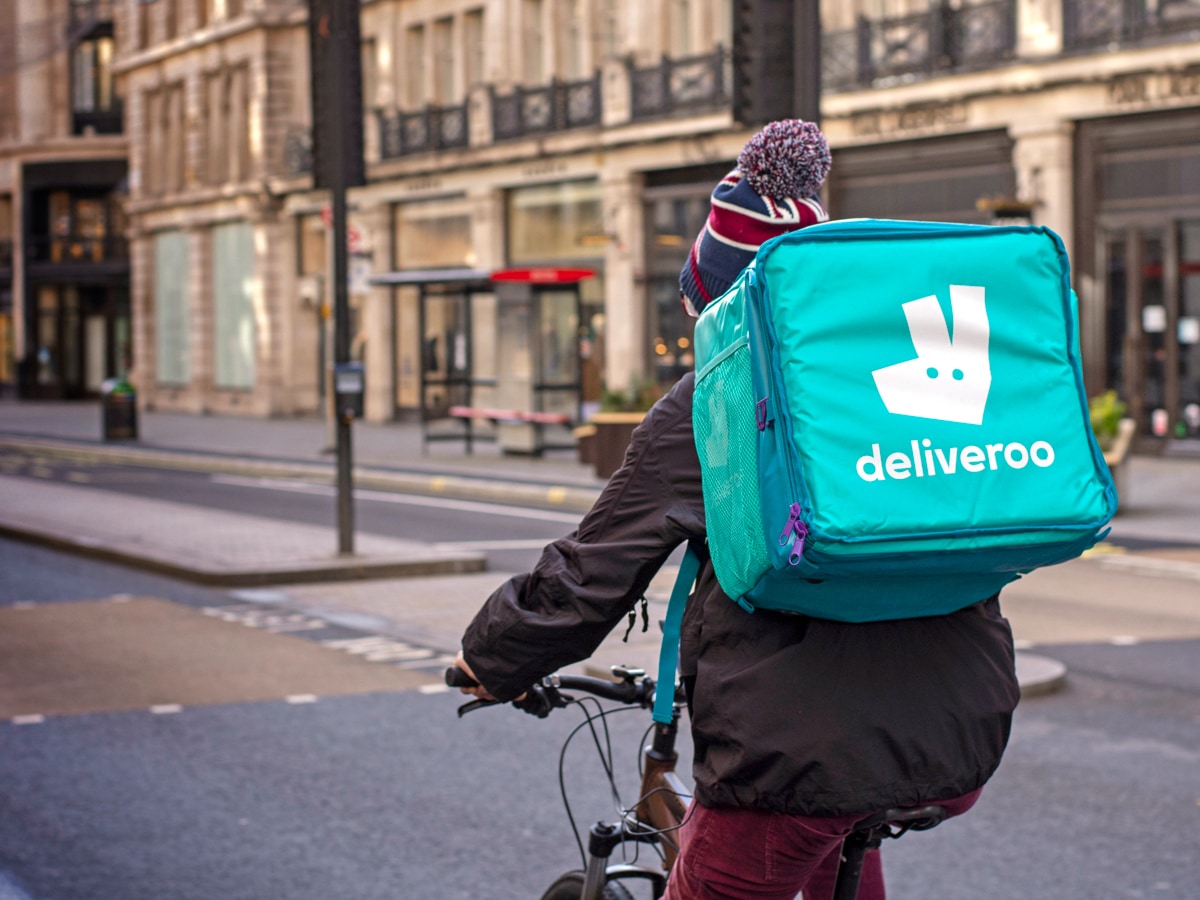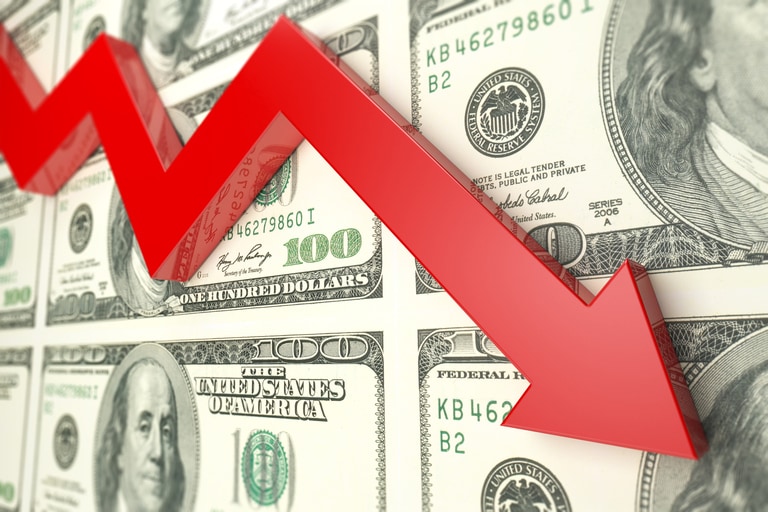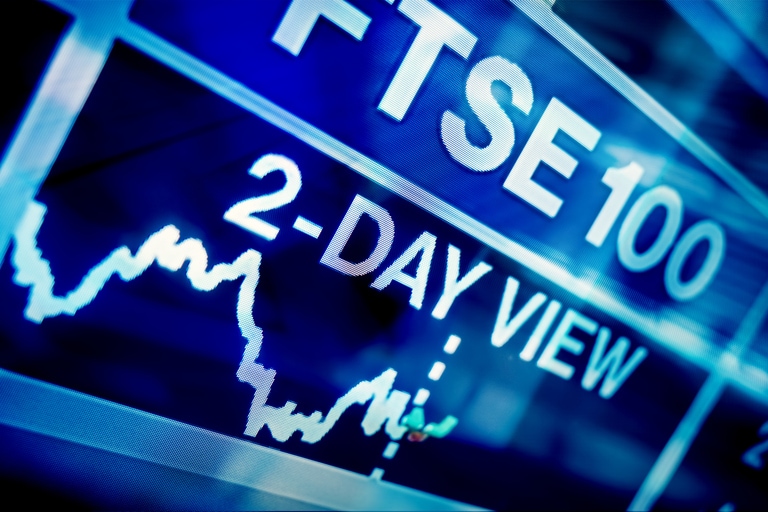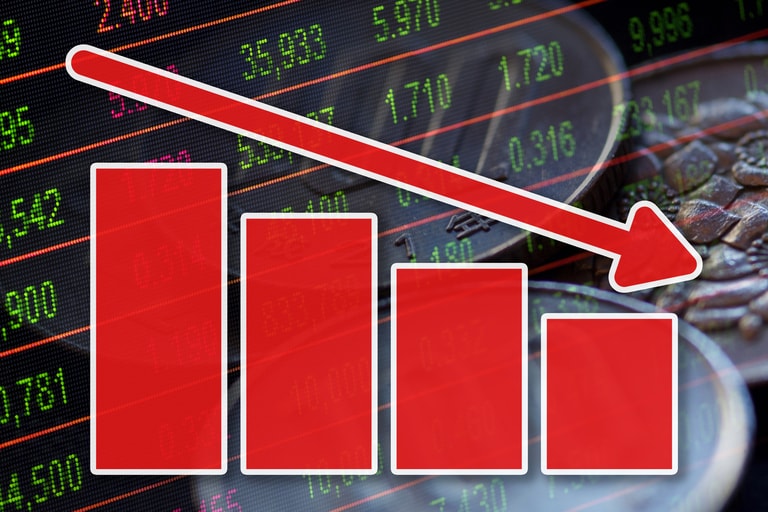It’s a big day for Deliveroo as the food delivery company begins its first day of trading as a publicly-listed company.
Deliveroo IPO prices at lower-end of range
With its finances bolstered by $180m of new funding from its stakeholders Fidelity and Durable Capital Partners in January, Deliveroo's IPO price came in at 330p, lower than the 390p which the company priced its shares at on Tuesday, which had valued the business at £7.6bn.
That was still at the very bottom end of its valuation range, after a number of high-profile investors went cold on the idea of investing in a business which they aren’t completely convinced will turn a profit any time soon.
Concerns over working conditions for its riders were also cited as one of the reasons for the reluctance to invest, however there are probably a number of others, including the dual class structure which restricts the voting rights of ordinary shareholders, and gives CEO Will Shu majority control over any significant board decisions.
Deliveroo share price plunges in early trading
These uncertainties have seen Deliveroo's share price plunge in early trading, in what is a disappointing outcome for some of the smaller shareholders who decided to take up their allocations of shares.
It’s certainly a disappointing outcome for the Deliveroo IPO, which initially generated a lot of enthusiasm. However recent weakness in the share prices of a number of its peers in the US, like Doordash, appears to have taken some of the shine off the sector.
Deliveroo isn’t any ordinary start-up, as not only does it operate in the UK, it also has operations across 200 cities in Asia, as well as in Europe. The company also has some important backers, after convincing that the UK’s Competition and Markets Authority that Amazon’s 16% investment of $575m in its business wouldn’t result in a dilution of competition. However, the CMA did reserve the right to revisit the decision if Amazon were to increase its shareholding from its current level.
The initial Amazon investment came about over concerns that the pandemic might well drive Deliveroo out of business. These concerns proved to be somewhat wide of the mark, and since then Deliveroo’s finances have improved significantly, largely as a result of prudent housekeeping, by cutting 15% of its staff, making other savings, as well as a significant expansion in the online delivery market.
Deliveroo overcomes cash flow shock
When the first lockdown began Deliveroo experienced a cash flow shock as its three main clients of KFC, Wagamamas and Burger King all closed down temporarily. Once the initial shock of the first shutdown had passed and it became apparent that the only way for a lot of restaurant businesses to survive was by way of delivery apps, the cash tap started to come back on.
As we look forward to today's launch, Deliveroo has the opportunity to build on its market share and take on the likes of Uber Eats as well as Just Eat Takeaway, albeit without the deep pockets of Uber, and the scale of Just Eat Takeaway.
Just Eat is undoubtedly the market leader, having merged with Takeaway.com last year, and having announced the acquisition of Grubhub for $7.3bn in the US, it has a market cap of over £11.5bn.
Fortunately for Deliveroo, it has funding from stakeholders who know the delivery business quite well, with Fidelity and Durable Capital also having stakes in DoorDash, which launch its IPO in the US at the end of last year.
What's next for Deliveroo?
It has also seen the number of restaurants on its app rise to over 140,000, however its finances for 2020 aren’t particularly transparent, given its problems when the pandemic first hit, though the company has said that it did see an operating profit in Q2 and Q3, and is profitable in 11 of the 12 markets it operates in. We know that from its 2019 numbers that the business saw losses of £319m on revenues of £772m.
The commissions that it charges on its app are also quite high, reported to be up to 30%. If we do see lockdown restrictions start to get eased as we head into the summer months, how many restaurants will be happy to pay up to 30% commission if they are able to start opening their doors again as the weather starts to get warmer?
Today’s Deliveroo IPO is likely to be a decent indicator of how much investor enthusiasm there is for a company that has seen initial enthusiasm wane, and where we appear to be starting to get far greater scrutiny of profitability, cash flow and growth prospects, as we start to look ahead to an economic reopening.
Disclaimer: CMC Markets is an execution-only service provider. The material (whether or not it states any opinions) is for general information purposes only, and does not take into account your personal circumstances or objectives. Nothing in this material is (or should be considered to be) financial, investment or other advice on which reliance should be placed. No opinion given in the material constitutes a recommendation by CMC Markets or the author that any particular investment, security, transaction or investment strategy is suitable for any specific person. The material has not been prepared in accordance with legal requirements designed to promote the independence of investment research. Although we are not specifically prevented from dealing before providing this material, we do not seek to take advantage of the material prior to its dissemination.







